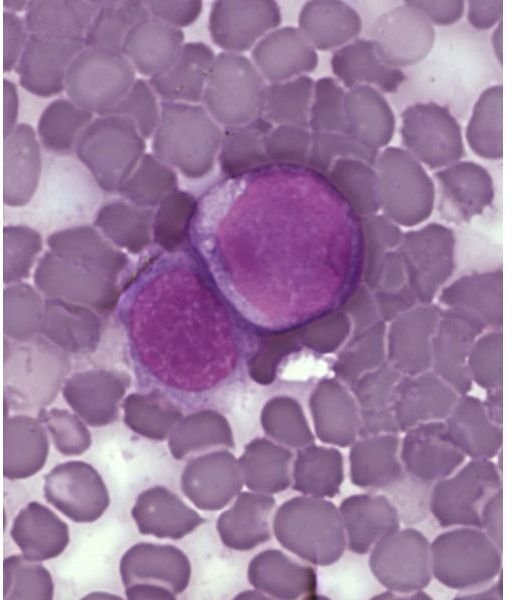Interesting Facts About Leukemia
Leukemia is a type of cancer in the blood-forming tissues in the body, including the lymphatic system and the bone marrow. This type of cancer originates in the white blood cells. There are several interesting facts about leukemia that are important to know. These facts can help people recognize this cancer so that if it occurs, they can seek a proper diagnosis and treatment.
Prevalence and Incidence of Luekemia
During 2009, there were 44,790 new cases of leukemia diagnosed in the United States. During this same year 21,870 people died due to this cancer. The median age for developing this type of cancer is 66 years of age. Many believe that this type of cancer affects far more children than adults, but from 2002 to 2006 only 11 percent of patients who were diagnosed with leukemia were under the age of 20. This type of cancer is found in the white race the most and affects more men than women. As of 2006, there were approximately 231,856 people with a history of this type of cancer in the United States.
How it Happens
There are many interesting facts about cancer that are not only interesting, but knowing how this cancer begins and spreads is also important. This cancer will originate in the bone marrow. Oftentimes it rapidly travels to the blood where it can then travel to other areas of the body, such as the spleen, central nervous system, lymph nodes, liver, and other organs.
Types of Luekemia
There are several types of leukemia and four common types. These include:
Chronic Lymphocytic Leukemia: This type primarily affects adults 55 years of age and older and rarely affects children.
Acute Lymphocytic Leukemia: This type can affect both children and adults, but it is the most common type diagnosed in children.
Chronic Myeloid Leukemia: This type is primarily found in adults.
Acute Myeloid Leukemia: This type affects both children and adults.
Symptoms
The signs and symptoms a person experiences depends on the type of leukemia they have. It also depends on where the abnormal cells collect and how many abnormal cells there are. However, there are some common symptoms that many patients will experience regardless of what type they have, how many abnormal cells they have, and where these cell have collected. These include:
- Fever
- Unintentional weight loss
- Night Sweats
- Swollen lymph nodes (particularly in the armpit or neck)
- Frequent infections
- Abdominal discomfort or swelling
- Fatigue and weakness
- Joint or bone pain
- Headache
- Shortness of breath (particularly when climbing stairs or performing physical activity)
- Bruising easily
- Bleeding easily
- Loss of appetite
Causes and Risk Factors
Exactly what causes this type of cancer is not yet known. However, there are several risk factors that are thought to contribute to a person developing this type of cancer. These risk factors include:
Radiation: Those who have had exposure to high levels of radiation are at a much higher risk of developing this cancer. This exposure can come from medical radiation or nuclear power plant accidents.
Chemical exposure: Those who are exposed to high levels of chemicals are at a much higher risk of developing this cancer. The most common chemicals related to leukemia include formaldehyde and benzene.
Genetic disorders: Down’s syndrome and other specific genetic disorders are associated with an increased risk for developing this cancer.
Drugs: Certain drugs that contain alkylating agents can lead to a person developing leukemia if they use these drugs for a prolonged period of time. Such drugs include some chemotherapies.
Smoking: Smoking is associated with an increased risk for developing acute myeloid leukemia.
Resources
National Cancer Institute. (2010). Leukemia. Retrieved on February 11, 2010 from the National Cancer Institute: https://www.cancer.gov/cancertopics/types/leukemia
Mayo Clinic. (2010. Leukemia. Retrieved on February 11, 2010 from the Mayo Clinic: https://www.mayoclinic.com/health/leukemia/DS00351
Illinois Department of Public Health. (2009). Leukemia (Blood Cancer). Retrieved on February 11, 2010 from the Illinois Department of Health: https://www.idph.state.il.us/cancer/factsheets/leukemia.htm
Image Credits
Leukemia Cells: Public Library of Science – Wikimedia Commons
